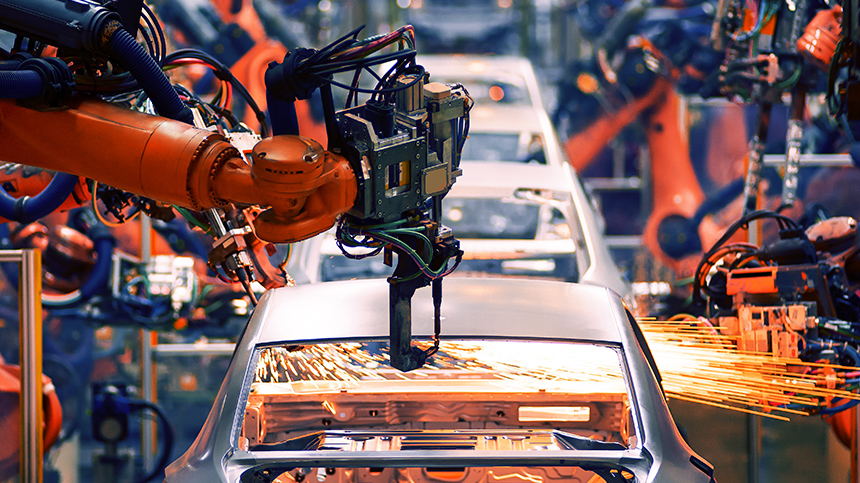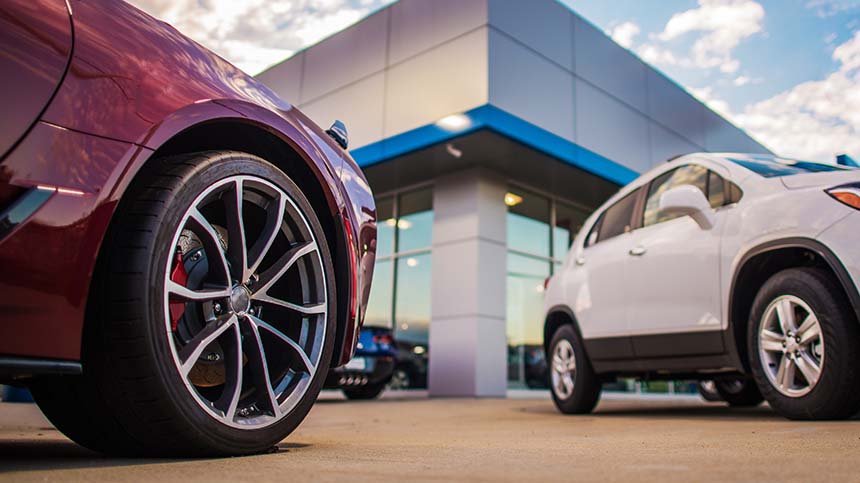Covid cars causing valuation issues, says VRA

Covid cars, models made during the pandemic with irregular specifications, are causing valuation issues as they start to appear on the used market, according to the Vehicle Remarketing Association (VRA).
Marcus Blakemore, chair of the trade body’s Industry Trends Committee, said that dealers and traders were buying cars expecting them to meet certain equipment and specification levels, then finding key items are missing. He added:
“During the initial stages of the pandemic, there was massive supply chain disruption, especially around availability of microprocessors. As a result, manufacturers improvised on the production line, removing key items just to keep things moving.
“Depending on the manufacturer and model, there are all kinds of items omitted – heated seats, heads-up displays, electric door mirrors, electric seats and more. Some cars were even built with analogue instrument clusters and clocks.”
Covid cars
Blakemore explained that there was debate in the remarketing sector about how much this kind of “de-contenting” mattered to the valuation of a car, and that the effect seemed to vary from model to model, adding:
“We’re now in a phase where these cars are starting to leave their initial owners and come onto the used market, and are causing valuation issues among vendors, dealers and consumers. There is generally agreement in the used sector that few items of equipment add much value to any used car. However, if there is equipment that buyers are expecting missing, it does make a vehicle more difficult to sell. For example, if you’re trying to retail a prestige car at three years old that doesn’t have heated seats, it’s probably going to stick around on your stock list for a while.
“So much stock is bought ‘blind’ by dealers and traders in 2024, most don’t realise they have bought a Covid car of this type until it arrives and starts going through their inspection process. The question is what to do at that point? Is the buyer able to request some kind of discount? Should they return the car? Can the specification problem be resolved?”
 De-contented valuations
De-contented valuations
Blakemore added that further confusion was caused by the fact that little data was available about these Covid cars, with few manufacturers having kept detailed records covering the ways in which cars were de-contented.
“We’ve had conversations with franchise dealers who have looked at their databases and insisted that models with certain specifications just can’t exist, when we’ve had the car in front of us. These kinds of gaps mean the valuation companies can’t access reliable date. Even in situations where a vehicle is sold and clearly marked as having a compromised specification, there is little guidance available on what it is worth.
“There are no easy answers to the questions that these vehicles raise but we are highlighting the fact this is happening in the hope that we can at least promote some dialogue. At present, this is a relatively small but annoying problem but as more of these cars enter the remarketing cycle, it’ll become more of an issue.”






